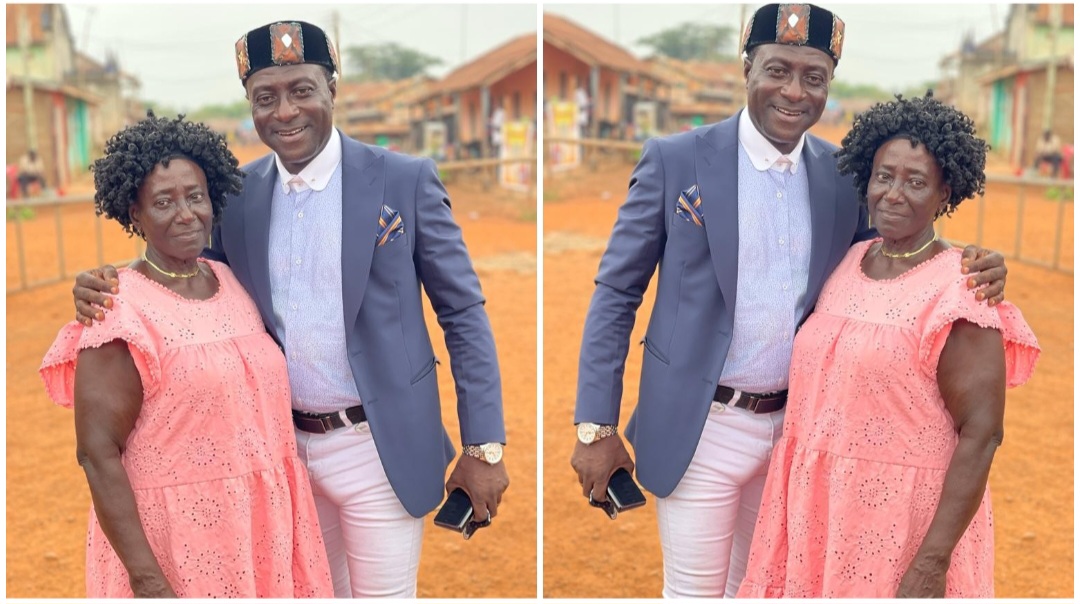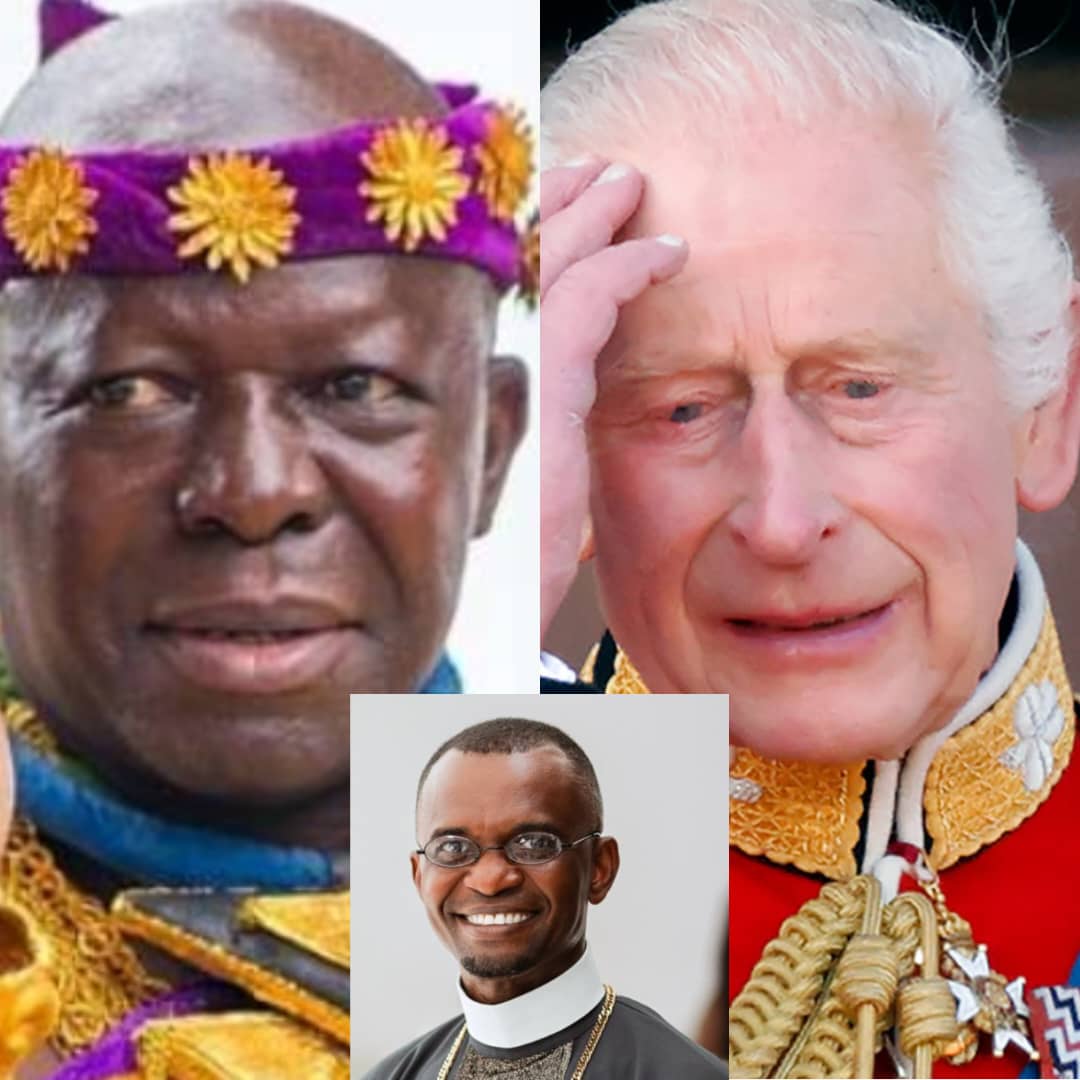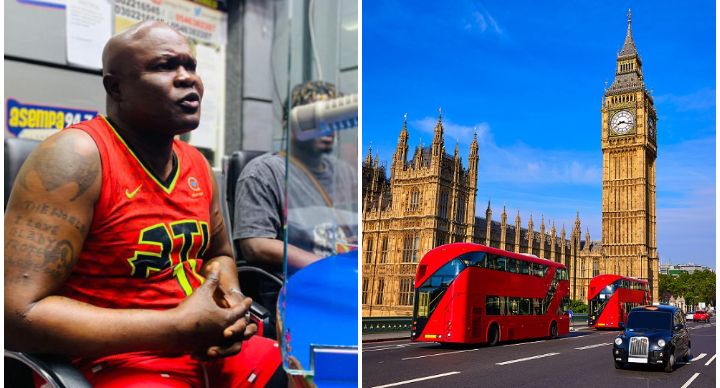Captain Smart and her mother landed in trouble in latest video

The incident with Captain Smart and his mother brings to light the complex dynamics of freedom of expression, media ethics, and political tensions in Ghana. Upholding ethical standards, reporting truthfully, and engaging respectfully with the public are crucial for journalists. Investigating this occurrence offers valuable insights into the importance of responsible media and constructive engagement in a democratic society.
This situation serves as a stark reminder of the significant influence media and journalists have in shaping public opinion and discourse. It emphasizes the need for a balanced approach where freedom of speech is exercised with a sense of responsibility.
Journalists like Captain Smart have a platform that reaches many, and their words can have profound impacts. Therefore, it is crucial for them to navigate their roles with integrity, ensuring that their reporting is not only factual but also fair and respectful. The controversy sparked by the video suggests that Captain Smart may have failed to meet these standards, potentially undermining the trust placed in him by his audience.
Furthermore, the public reaction, as seen in the woman’s vehement response, illustrates the deep political divides and sensitivities within Ghana. Such reactions are not just about the content of the criticism but also about how it is delivered. This highlights the importance of journalists maintaining a tone that fosters constructive debate rather than inflaming tensions.
In conclusion, the episode involving Captain Smart and his mother is a microcosm of larger issues facing the media in Ghana. It calls for a recommitment to ethical journalism, where truth and respect are paramount. By doing so, journalists can better serve the public, contribute to a more informed society, and help bridge the divides that threaten to fragment the nation. This incident should be a learning moment for all media practitioners to reflect on their role in society and the immense power they wield through their words and actions.




